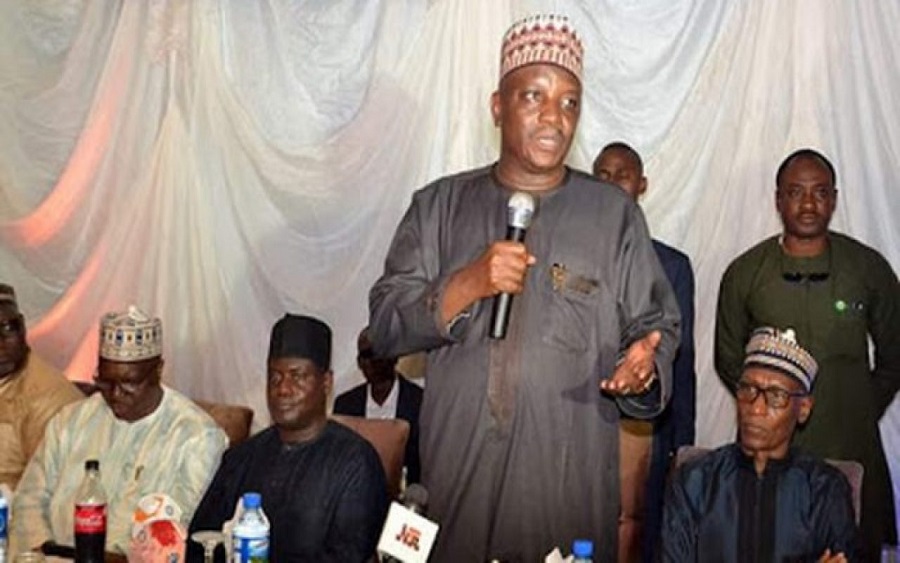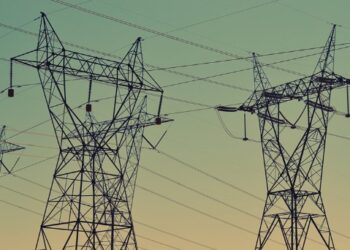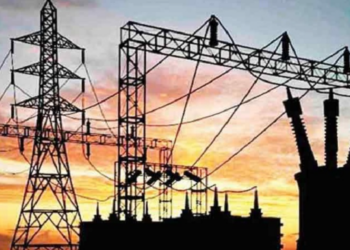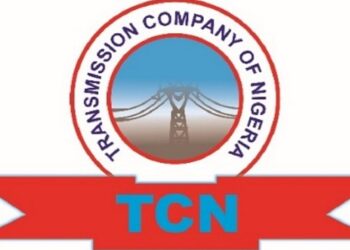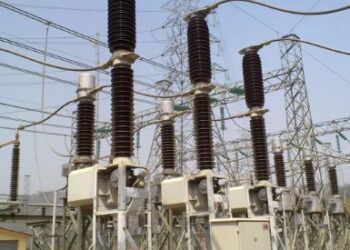The Minister of Power, Engr. Sale Mamman, has described the ripples of the Coronavirus pandemic on the power sector as extraordinary.
The Minister, who disclosed this via his Twitter handle on Wednesday, explained that the pandemic has affected payment capabilities of all categories of consumers and obstructed ongoing power projects across the country.
READ ALSO: Nigerians spend $14 billion on generators, fuel
He said, “We are working round the clock towards getting back on track. To that effect, it shall be a big year for infrastructural investments and upgrades in the sector through the Transmission Company of Nigeria and other Government Agencies within the Power Sector, we shall also work towards major policy realignment through NERC.”
The impact of the CoronaVirus Pandemic on the Nigerian Power Sector has been extraordinary, it has affected payment capabilities of all categories of Consumers and obstructed ongoing power projects across the Country. We are working round the clock towards getting back on track.
— Engr. Sale Mamman (@EngrSMamman) June 17, 2020

